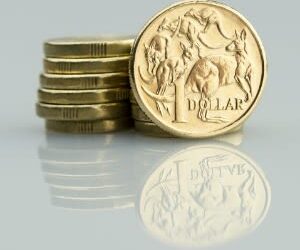The median growth superannuation fund (61% to 80% in growth assets) fell 3.1% in February, and an estimated further drop of 10.5% since the beginning of March, off the back of the COVID-19 pandemic, according to Chant West.
The research house said in February Australian shares slid 7.8%, international shares were down 8.1% in hedged terms but the depreciation of the Australian dollar (two cents to US$0.65) limited the loss to 4.9% in unhedged terms. Australian and global real estate investment trusts lost 5.1% and 8.1% respectively.
Australian bonds were up 0.9% and global bonds up 1.2%.
Chant West senior investment research manager, Mano Mohankumar, said the rapid spread of the virus and fears of its impact on the global economy ravaged sharemarkets over the past three weeks.
Mohankumar noted that the diversification of growth funds had cushioned the widespread sell-off.
“While Australian and international shares were down at least 27% since the end of January, the median growth fund’s loss has been limited to about 13%. This is still a material reduction in account balances, but it comes on the back of the tremendous run funds have had since the end of the Global Financial Crisis (GFC),” he said.
“The current sell-off has obviously eaten into that long-term average gain, but funds are still performing well ahead of their objectives since the end of the GFC.”




